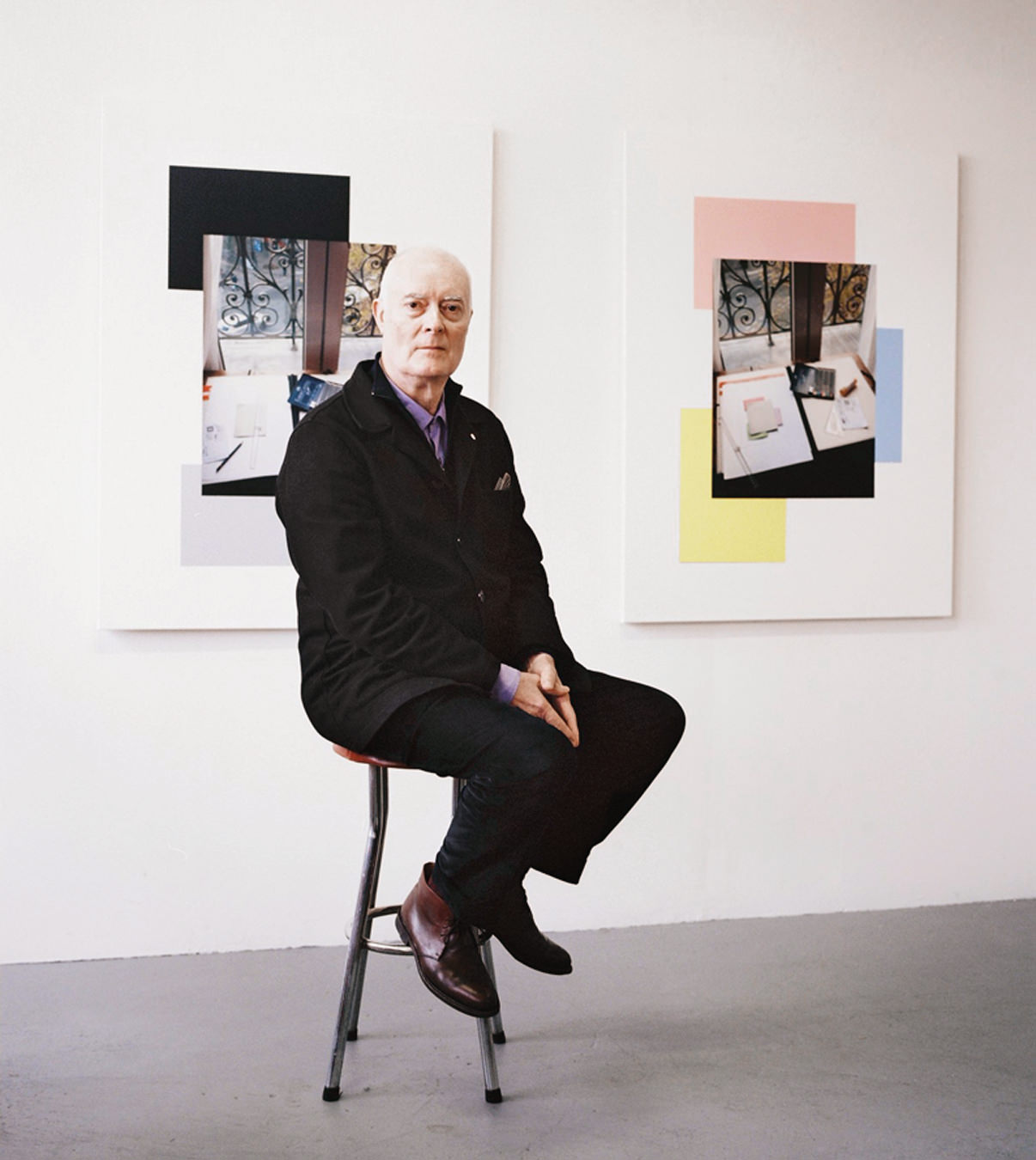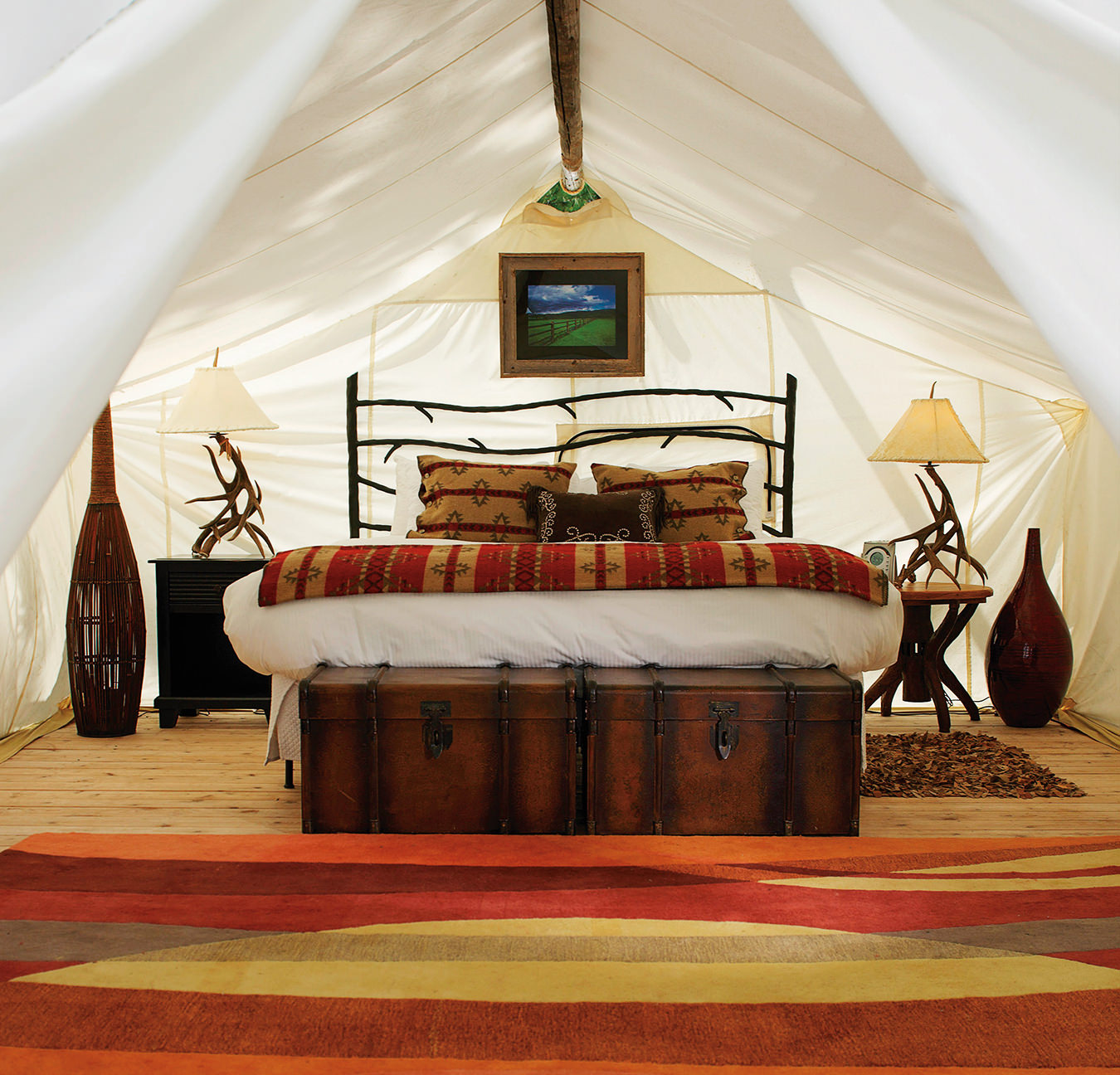Being and Belonging Opens at the Royal Museum of Ontario
A new exhibition, Being and Belonging: Contemporary Women Artists From the Islamic World and Beyond, was unveiled last weekend at the Royal Ontario Museum’s Roloff Beny Gallery. Curated by Dr. Fahmida Suleman, curator of the Islamic World collections at ROM, and Dr. Silvia Forni, ROM’s former senior curator of Global Africa, the exhibition is the first of its kind in Canada. While past shows have explored specific regions or mediums, Being and Belonging casts a wider net, with over 100 pieces from 25 female artists across 21 countries who work in graffiti art, textile, mosaics, video, and more.
“We decided that actually we want to show that the Islamic world is such a diverse place. Not everyone is Muslim,” Suleman says. “We wanted people to understand that the Islamic world is very complex, and that women have a lot of things to say that aren’t just about being a woman or being treated as a woman, that they can be commentators on all kinds of topics.”
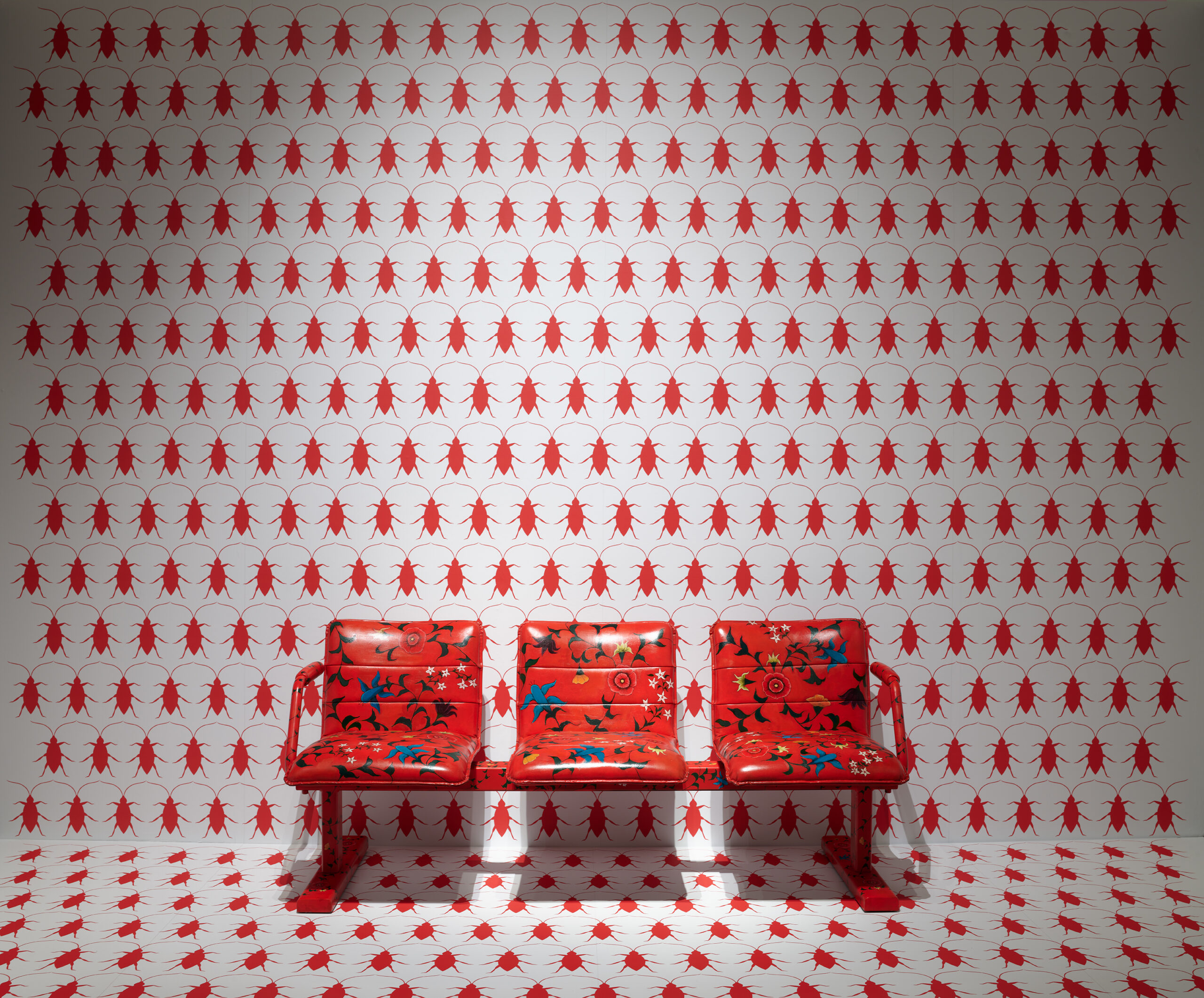
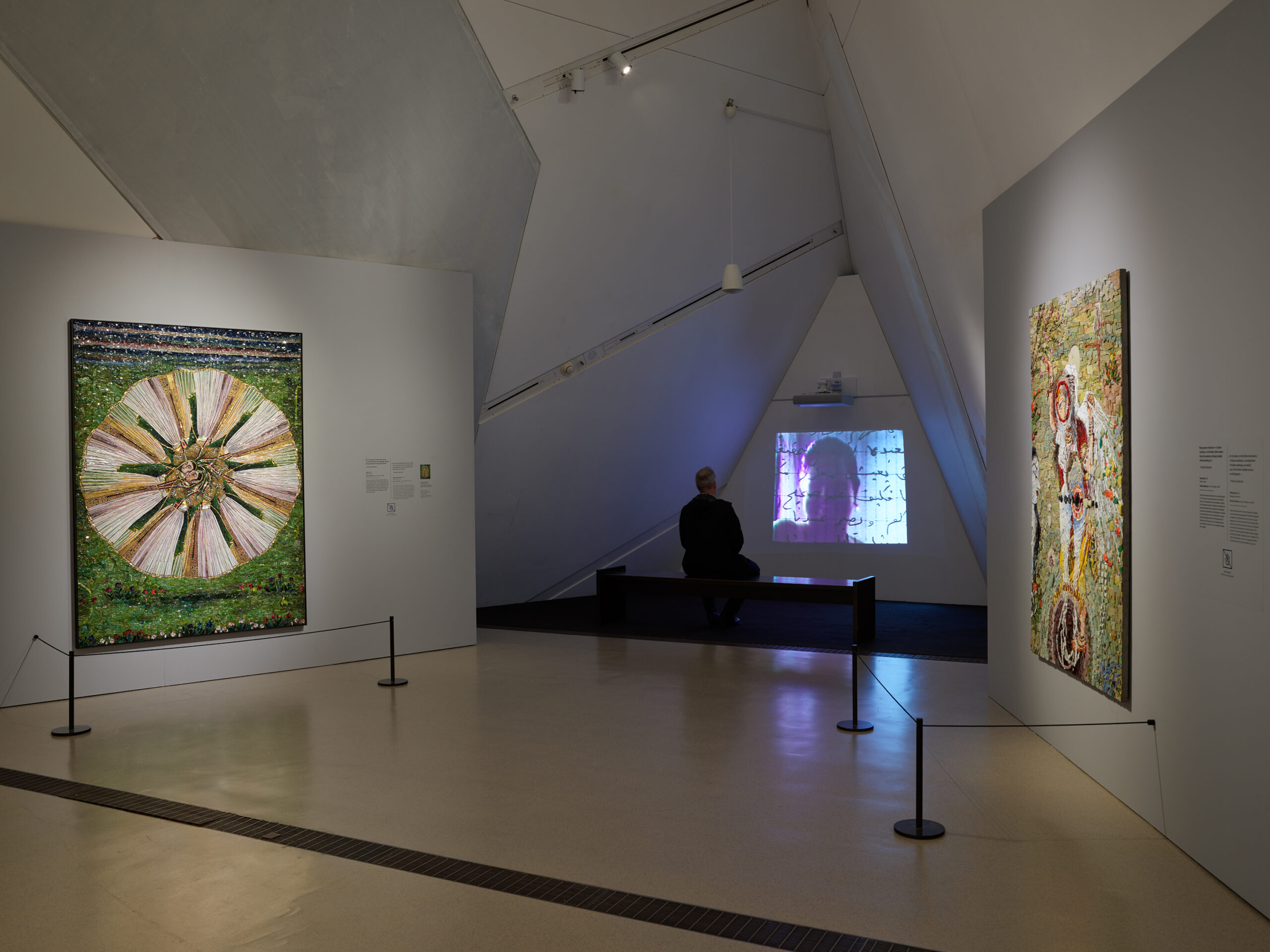
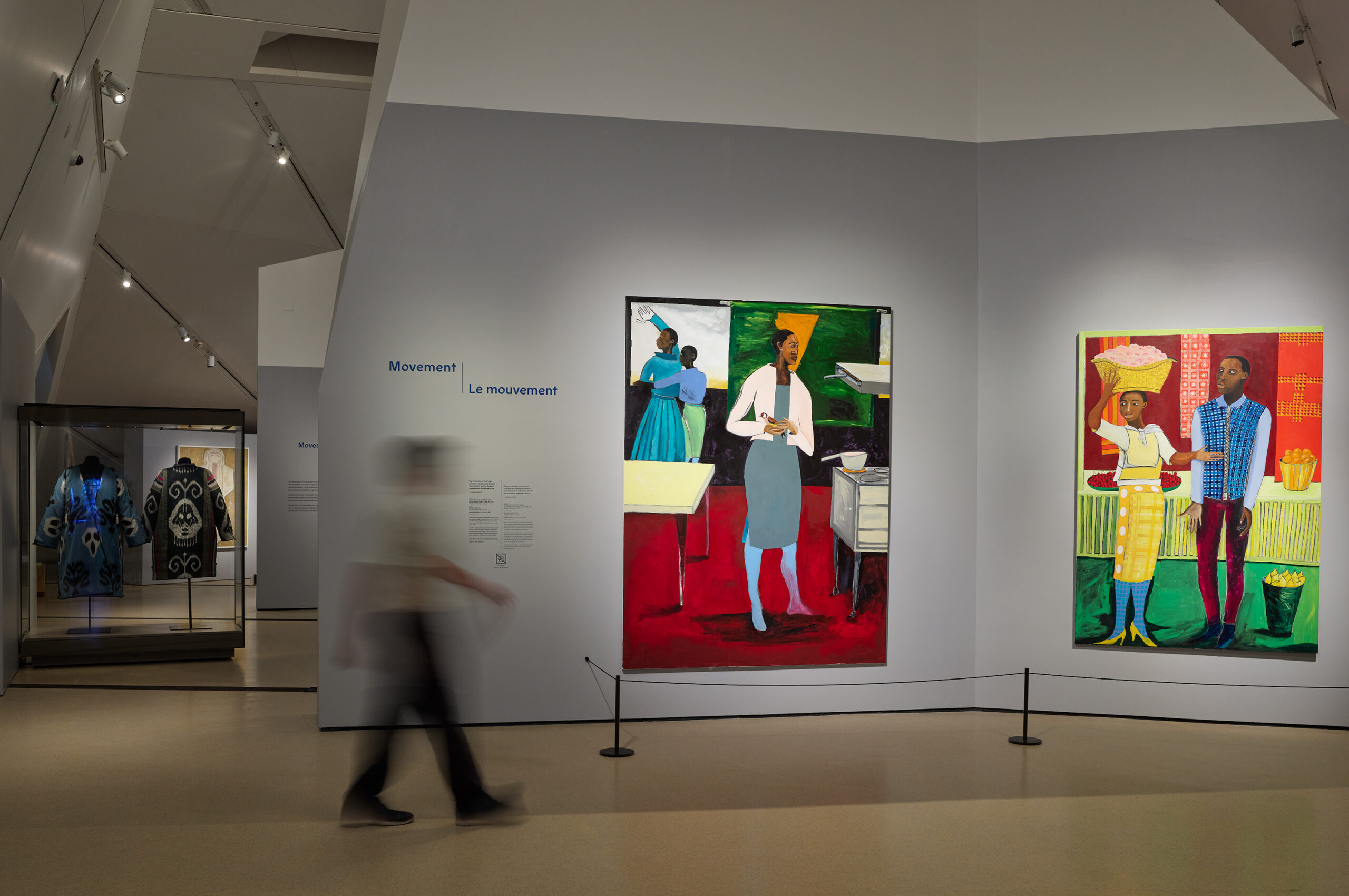
Featuring artists Jamelie Hassan, Huda Lutfi, Lalla Essaydi, Shirin Neshat, Shamsia Hassani, among others, from countries from Afghanistan to Indonesia, Uzbekistan to Canada, Suleman says they pushed themselves to tell as many stories as they could. But, Suleman is quick to preface, this isn’t a show about what it is to be a woman or about breaking Islamic stereotypes. Instead, Suleman sees her role as creating a platform for these artists to make whatever statement they choose.
“We didn’t want to include topics around veiling, because I feel like that conversation has shifted so much now that by doing things like that, I’m just reinforcing stereotypes. You wear a veil, you don’t want to wear a veil—it doesn’t matter anymore. Why are we fixated on women’s bodies and what they wear?” Suleman says, noting that they instead opted to showcase 25 living artists with compelling commentary on the world today. “Whether it’s a story, whether they want to tell their own personal experiences about their home, migration, freedom, freedom of creativity—whatever they want to talk about.”
Walls have been erected in the gallery space to form corridors through which the visitor moves. The effect is an intimate viewing experience where anything could be around the next turn, from a pair of heels made from razor blades to a tapestry-like print made from scannable QR codes. In the back, two huge vibrant paintings by Zanzibari U.K. artist and Turner-prizewinner Lubaina Himid explore the Black experience in art history. Nearby hang intricate mosaics by Pakistani artist Shahzia Sikander that celebrate nature and feminine energy, while at the front, red airport chairs are painted with intricate floral motifs by Tazeen Qayyum.
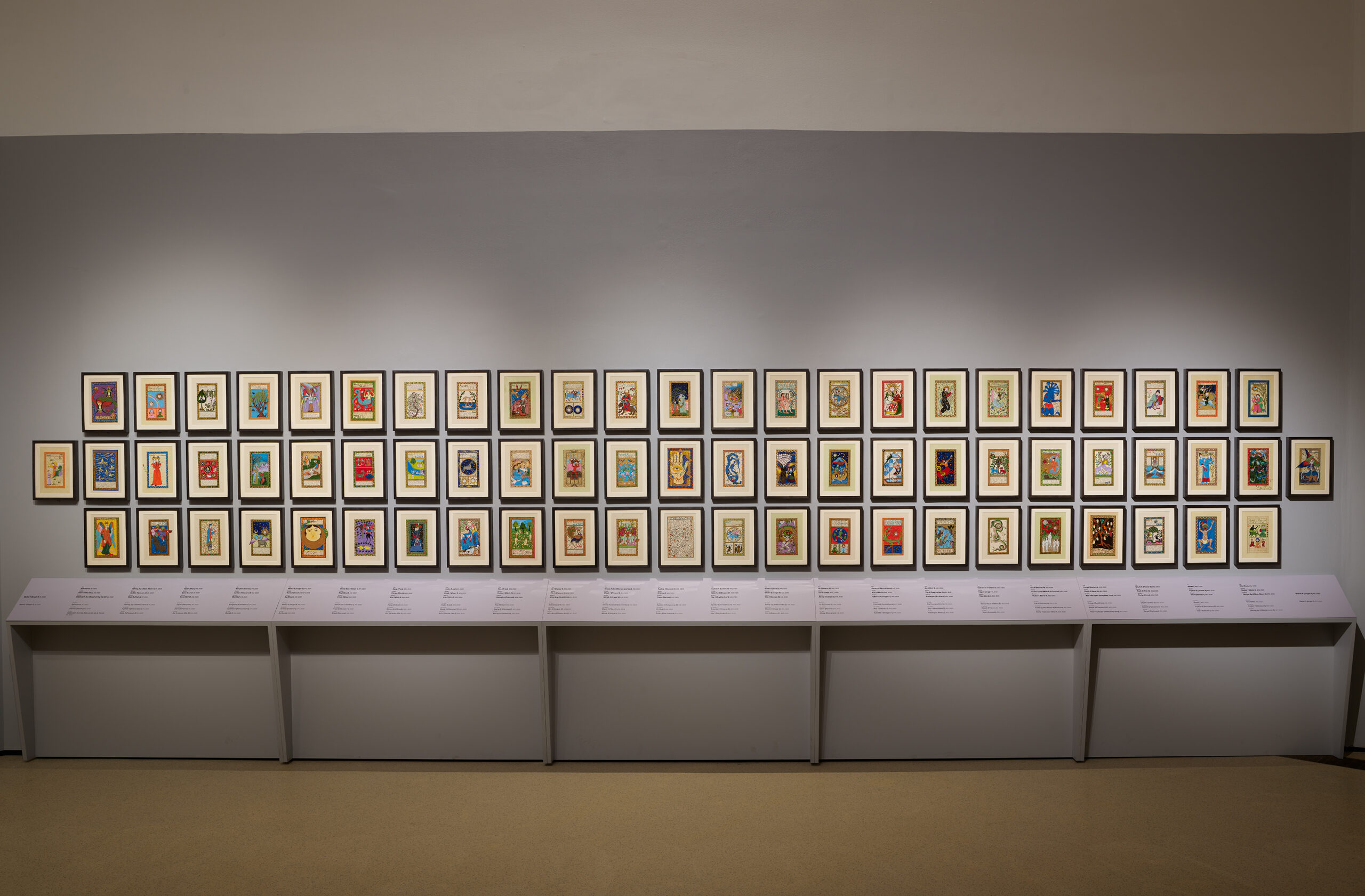
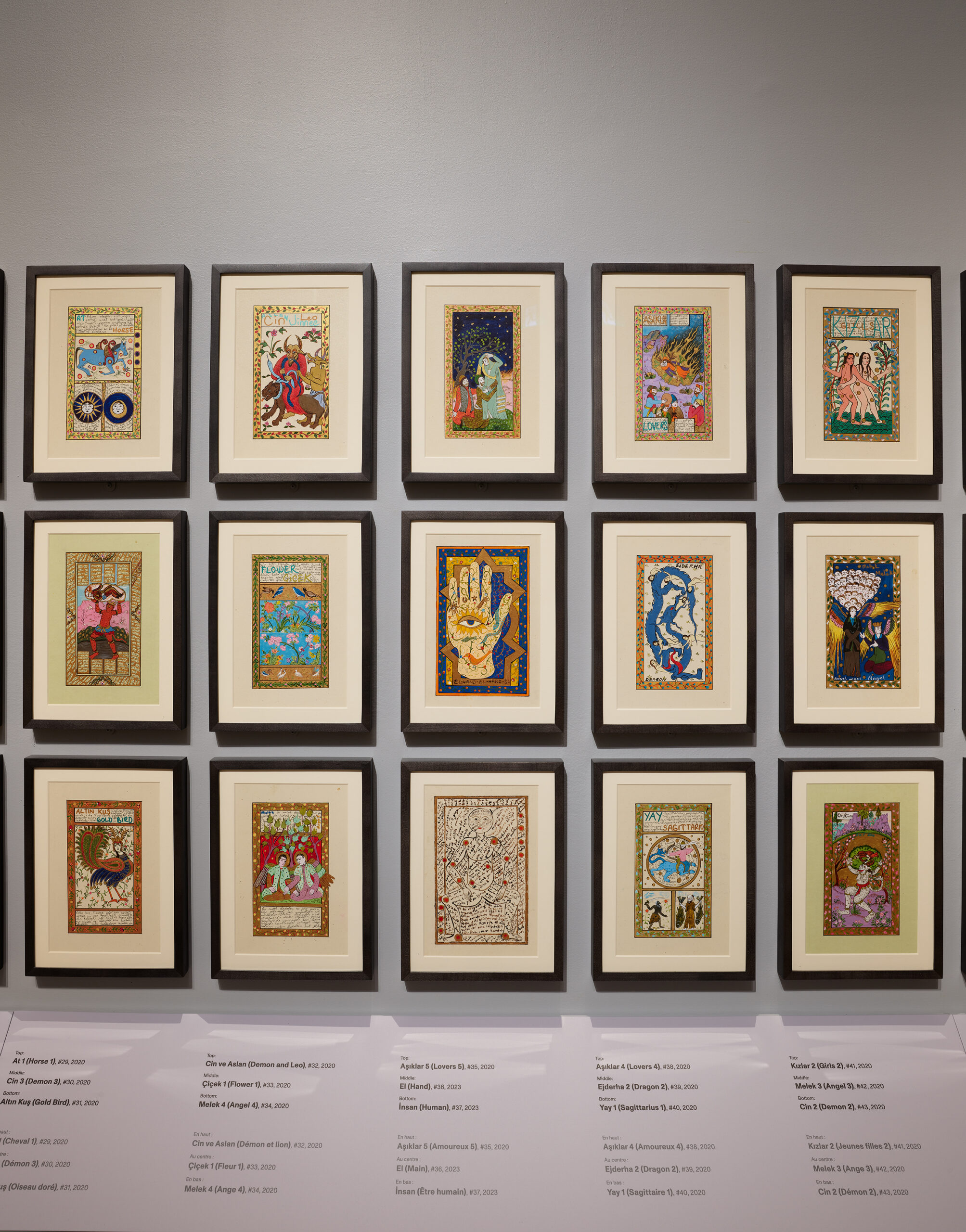
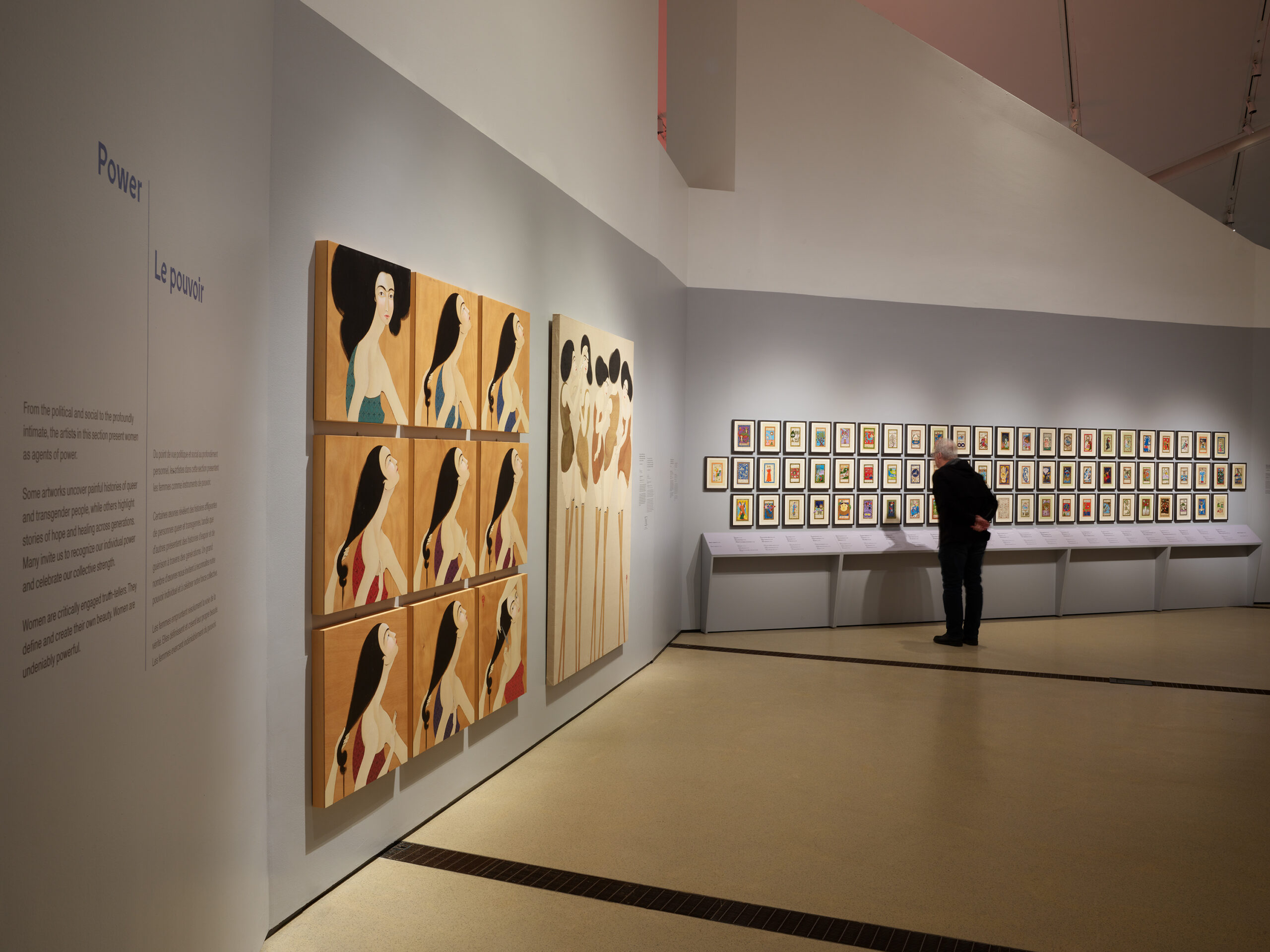
The works are diverse and sometimes disparate, coming from artists who are both emerging and acclaimed, ranging in age from their 20s to 70s, but all the pieces create a dialogue. “Everybody’s having a conversation together about the issues of our time,” Suleman explains. “It’s not a hierarchy of just putting the rock stars out there. It’s everyone having a voice.”
Creating an inclusive experience was central to the exhibition, and the mandalic designs that adorn the entryway are meant to welcome those who may be intimidated by galleries and museums. “We’re trying to bring more voices into the museum so that our communities feel represented, they see themselves in the artworks, and then they feel like museums are safe spaces. They’re relevant. They reflect our beliefs, our practices, our sexualities, our challenges,” Suleman says. “Some of the works are rather challenging for people, but I think that’s okay. I think that’s what contemporary art is supposed to do. It’s supposed to move you. It’s supposed to challenge you. So I’m just hoping that people go away feeling positive when they leave and like, okay, it was worth coming, I learned something new, and I’m inspired by the beauty of some of these works.”
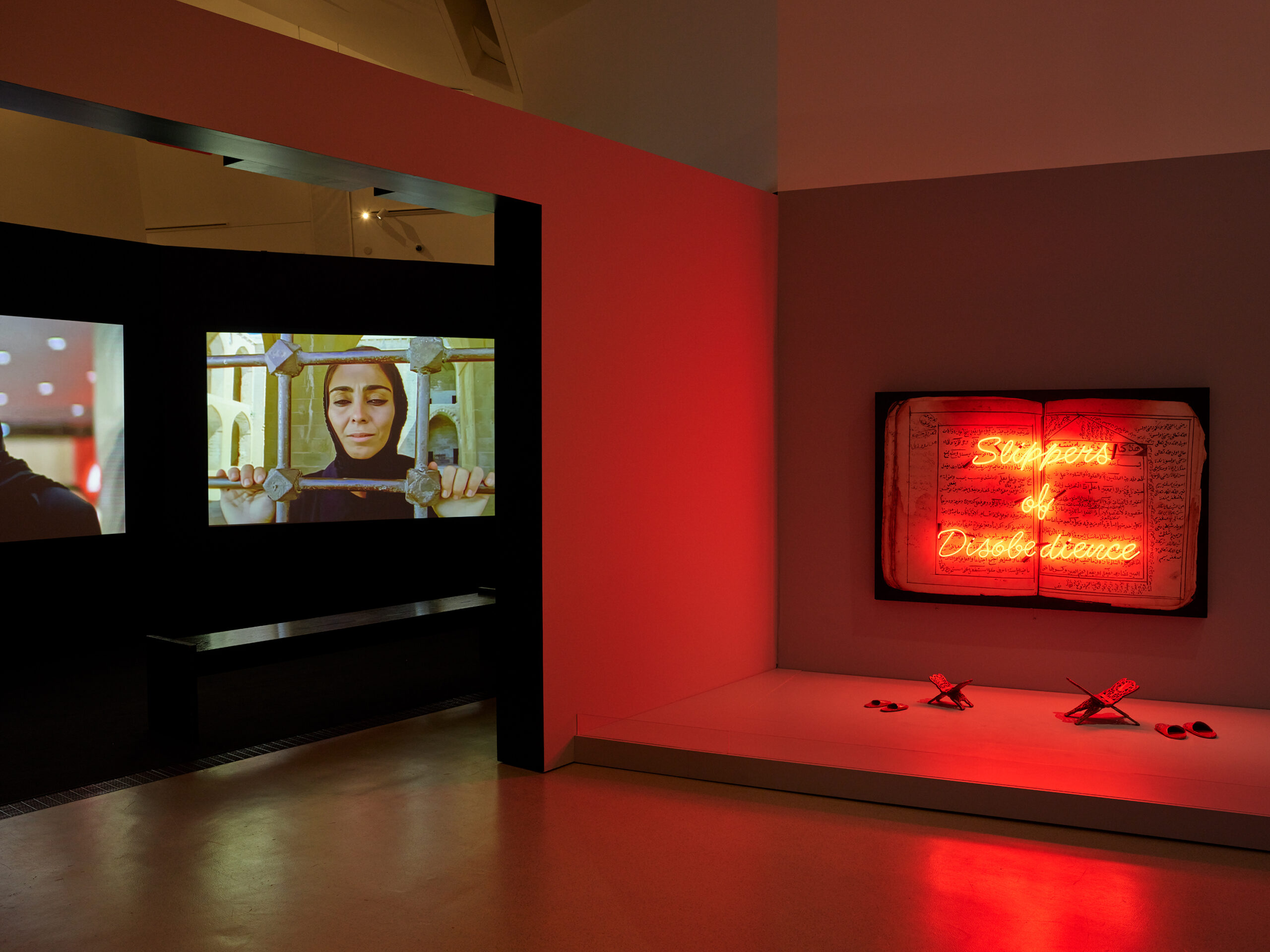
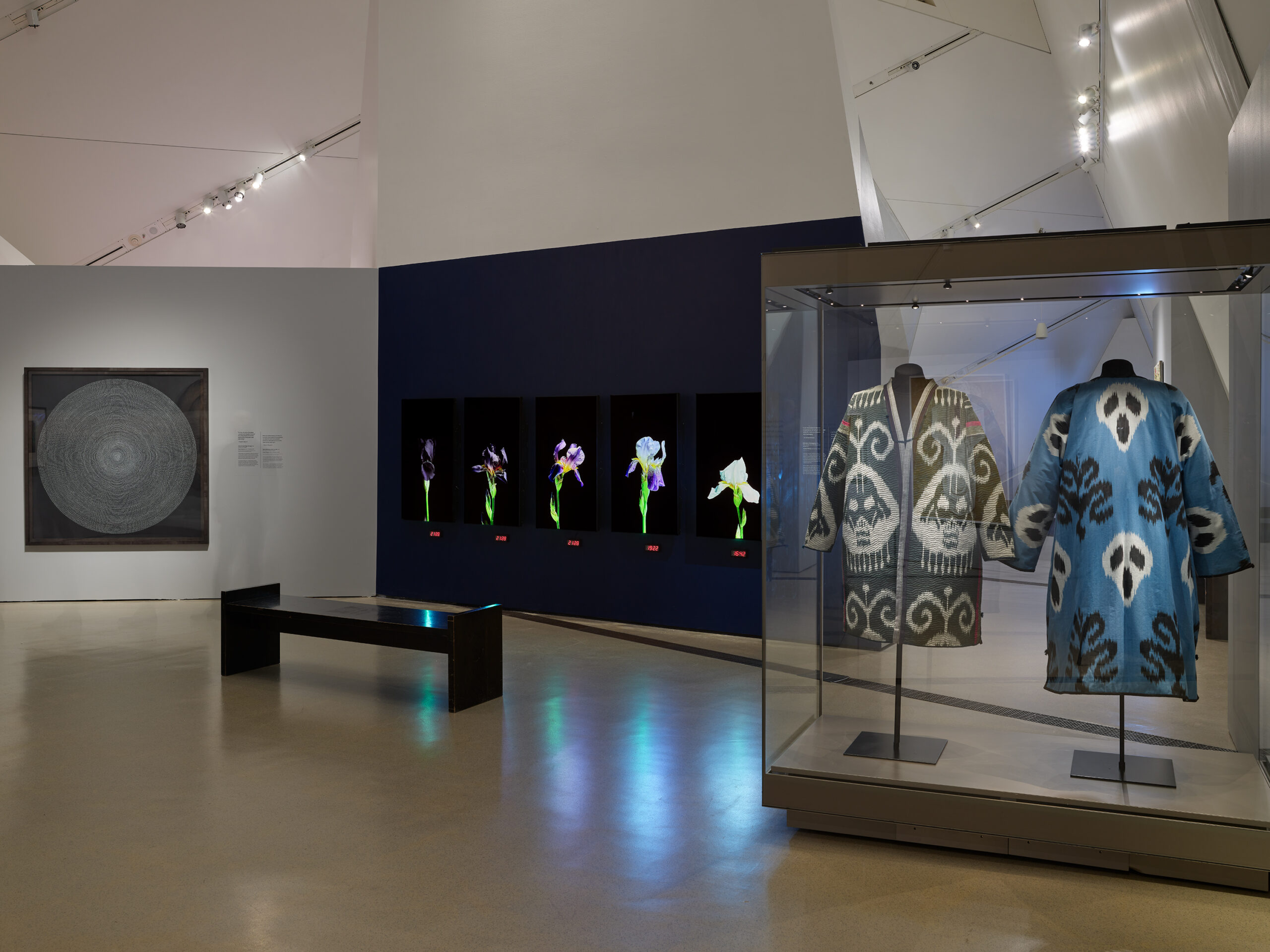
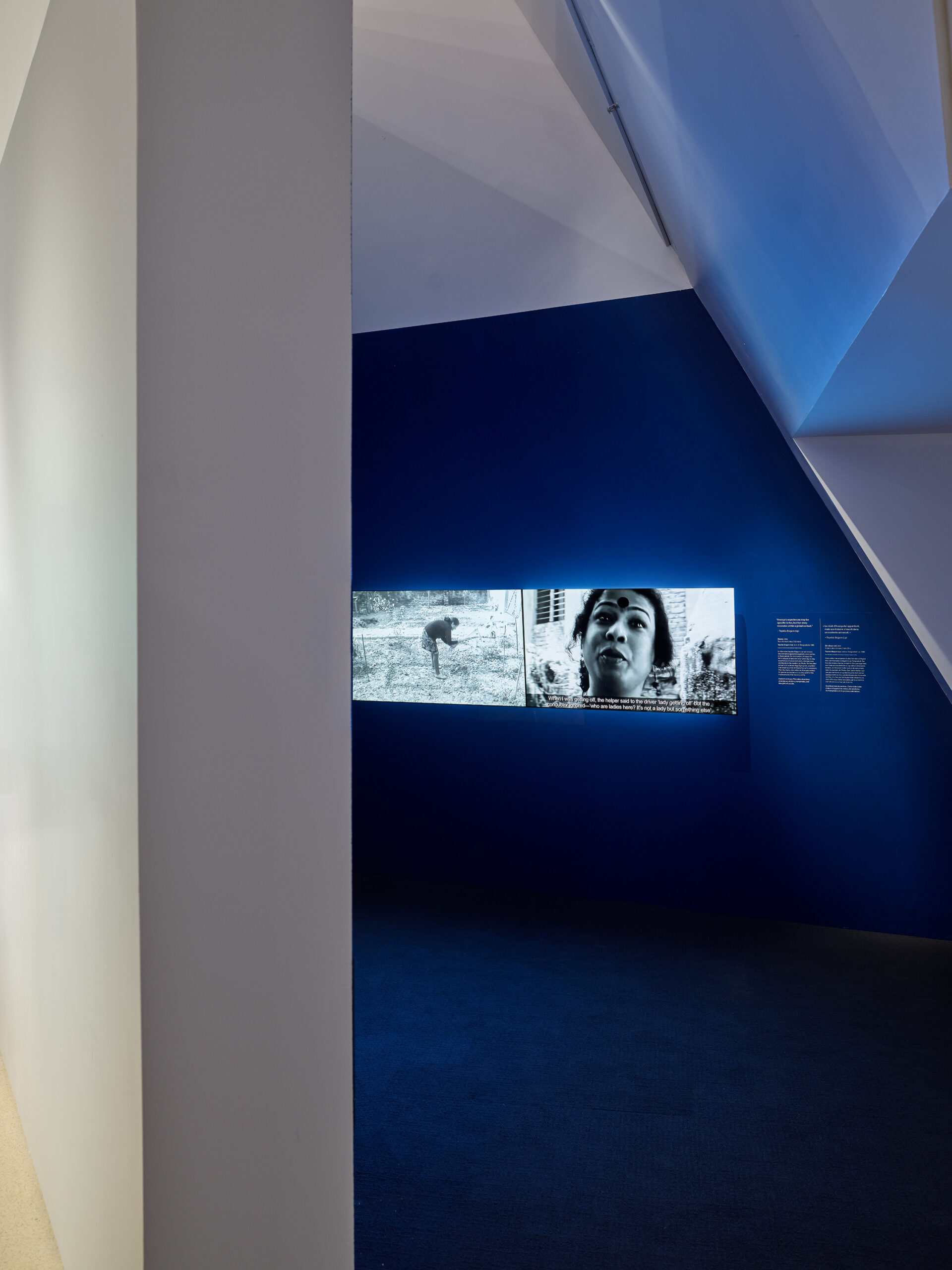
Being and Belonging: Contemporary Women Artists From the Islamic World and Beyond is on view until November 19, 2023, at the ROM and is accompanied by a book featuring interviews with the artists. A series of talks, workshops, and performances will run throughout.
Photos courtesy of the Royal Ontario Museum.



